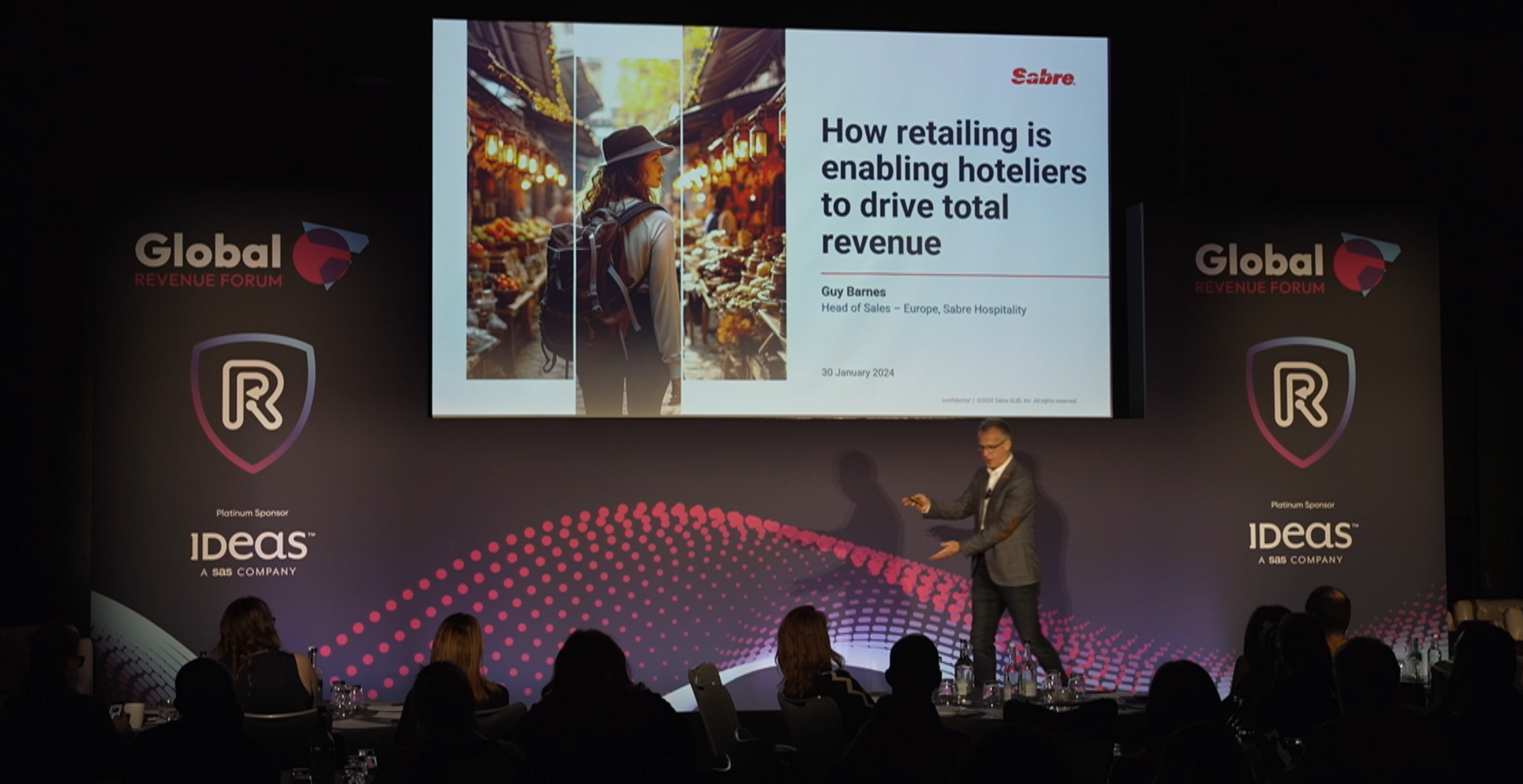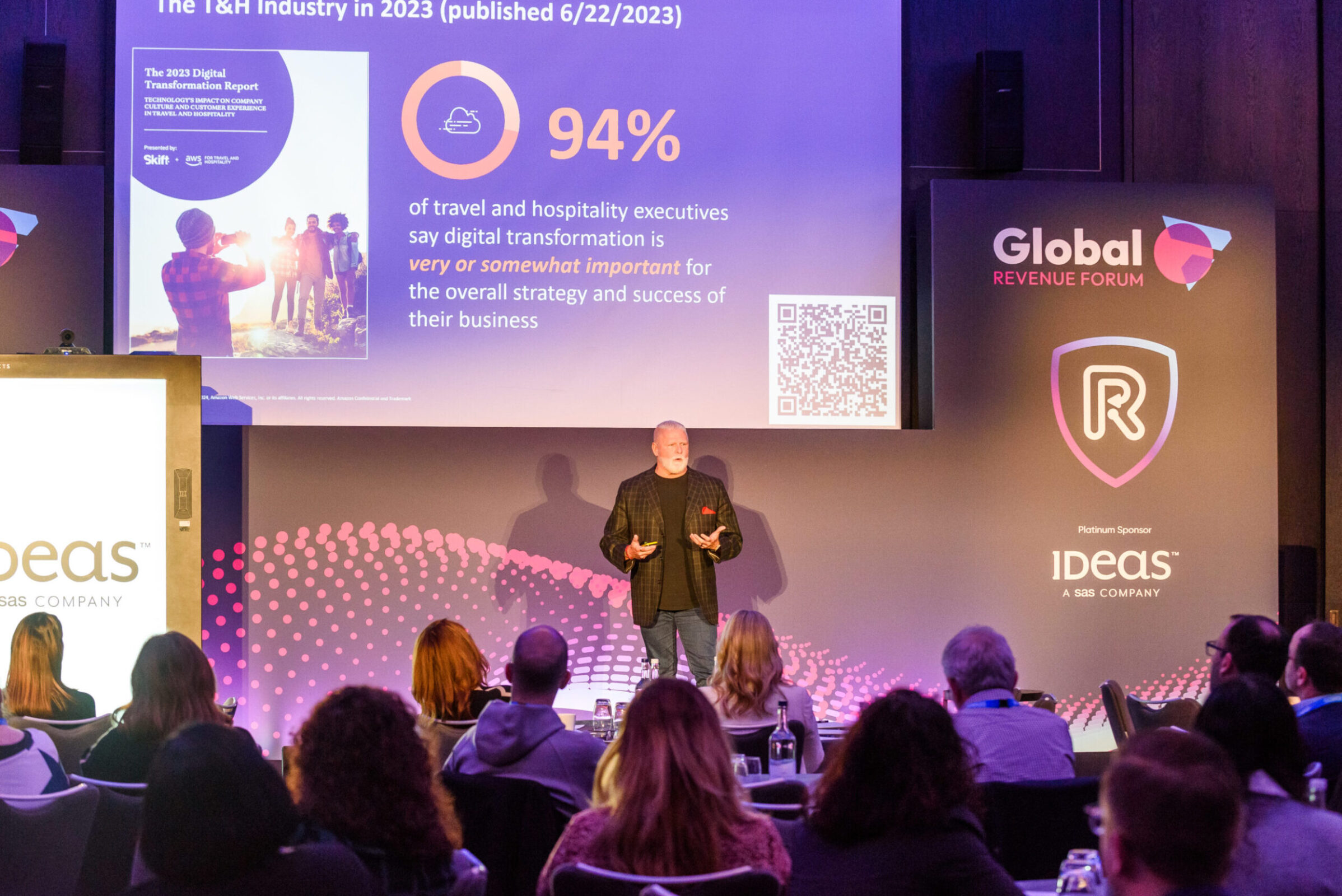Google Hotel Price Advertising Programme
The Google Hotel Price Advertising (HPA) Programme has been in operation for almost 18 months, so this is a quick summary of where we are in preparation for more on Google’s Hotel Finder.
What is the Google HPA programme?
The Google HPA Programme was originally launched late 2010 as a cost per click (CPC) programme, which featured a drop-down menu of prices in search results of Google Maps, and Google Places. In July 2011, Google trialled Google HotelFinder, a consumer search tool initially rolled out in the US and further extended to Key European cities in October of 2011.
Participating Sites
At this time Google is only integrating to systems that provide a source of aggregated hotel content. This would include OTA web sites, such as Expedia, Travelocity, or providers of aggregated hotel content via a Central Reservations System (CRS) used by hotel brands and hotel representation companies. So, to participate in the programme as an independent, a hotel must have an agreement with a CRS provider, via a representation company such as Utell, or technology provider such as Sabre Hospitality Solutions, or have a contract with a participating OTA programme.
The Price Menu
The drop down menu features a maximum of five prices, the number of prices displayed depends on the sites participating in the programme in the area, and that have a relationship with the hotels returned in the search results. The first four positions are paid for and feature room prices from web sites participating in the HPA programme; these positions feature deep links straight into the booking page of the hotel being searched. The last position is unpaid, and reserved for the web address of the hotel web site that achieves the first, or highest natural search result. This last position features a link to the site, but does not display a room rate or a deep link to the booking page of the hotel. So if you have a relationship with all the major OTAs plus a representation company then its likely that all five positions will be used, and essentially competing for positioning. There are instances where a site could potentially be listed twice, if they top out on the natural search results and are the highest bidders in the HPA programme

What to look out for
There are three things to consider
1) Cost of distribution
2) Revenue optimisation opportunities
3) Your strategy on how your guest gets to search for and book you
1) What’s the cost?
As an extension of the CPC model, there is no commission paid but the CPC fee is based on a percentage of the ADR of the hotel being searched. Base costs include an annual maintenance fee per property, plus the click-through fee. For every click through a percentage fee is paid to Google, currently between 02% and 0.4% of ADR.
What’s the charge to me as an independent hotel?
Costs to participate in the programme will have been defined by the third party you are connected to that is integrated into the programme. As mentioned previously this will be a CRS or representation provider, a brand reservation system or an OTA. For most OTAs participation is a way to get prime placement on search results screens alongside the brand or independent property, in addition to paid search results. Some representation service providers may pass on costs for participation in the programme so its good to ask where your rep company sits with this.
2) Revenue optimisation opportunities
From a revenue management perspective the programme offers an interesting take on cost of distribution. Participating sites can now increase the bid amount to determine the position on the drop down list, but for now the bid cannot be varied by arrival date, so for example you can’t yet use the programme to send increased traffic to a property during need periods. The programme can deliver results that look like there there are rate discrepancies from channel to channel in the price menu. Bear in mind that Google is not always returning live rate availability, so its not a substitute for a competitor rate tracking report, and there are circumstances where rates may be out of date, or no further availability.
3) How the booking gets to you from your guest
If direct bookings are a major part of your distribution strategy – which they should be – then as an independent hotel working with the HPA programme this still means factoring in the cost of third party booking fees, via CRS or OTA whichever way the booking gets to you at the hotel, since Google is only integrating at the CRS level. However one company to watch in that is offering an alternative is FastBookings who announced their intention to work with Google to integrate landing pages for individual hotels into the programme. In a press release from November 2011, FastBooking announced they have built this capability with Google, Tripadvisor and Trivago. When a booking request from one of these websites is received, the request is passed by FastBooking through to a dedicated landing page on the hotel’s official website which is then capable of displaying the results of the booking request from the initial site. So in this case, the hotel is able to respond directly to booking requests, and thereby retaining closer ownership of the guest relationship. Something worth taking a second look at.
For more good blogs on the Google HPA programme see Max Starkov, and Dennis Schaal






